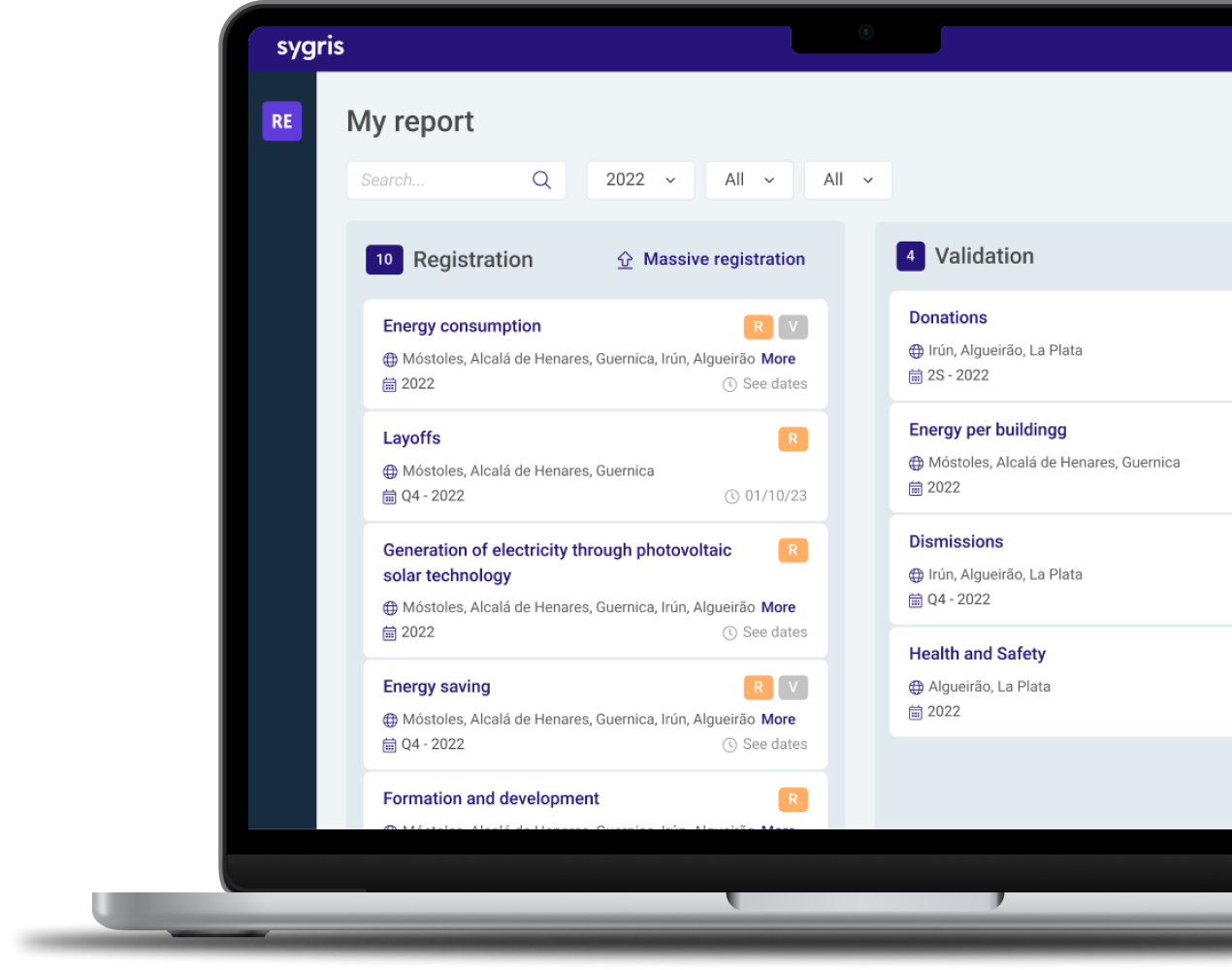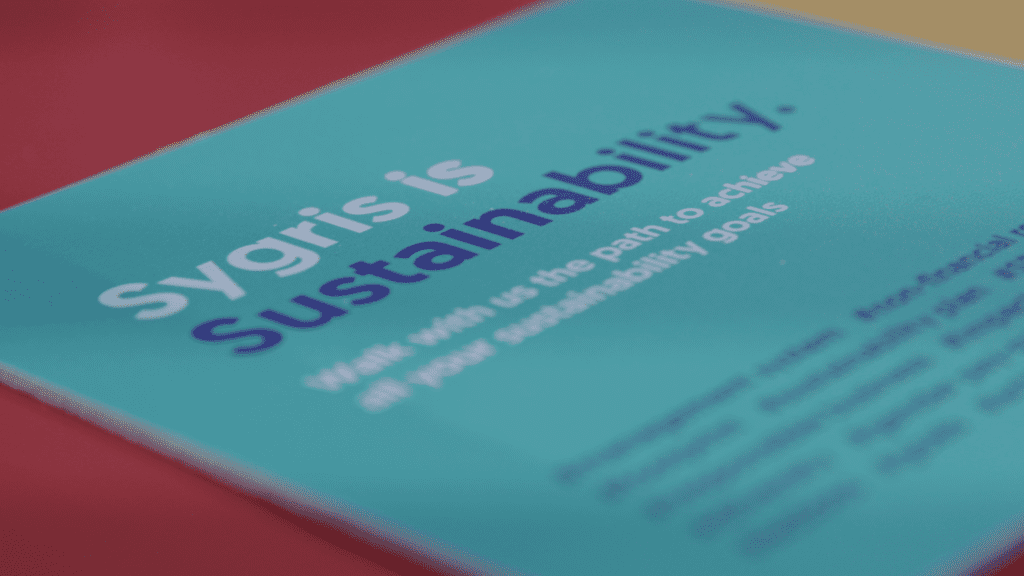Climate change and the push for sustainable economic models are no longer future challenges, they are today’s reality. Businesses, financial institutions, and policymakers alike must work together to create a system that balances economic growth with environmental and social responsibility. Recognising this, the Spanish government has set up the Council for Sustainable Finance, bringing together public and private sector players to push for responsible financial practices. This initiative signals a shift in how sustainability is embedded within Spain’s financial landscape, offering business leaders a clear roadmap for navigating the evolving regulatory and investment environment.
What’s the Council for Sustainable Finance?
The Council for Sustainable Finance is an advisory body linked to the Ministry of Economy, Trade and Business, created under Ministerial Order ECM/44/2025, dated 20 January. Its core mission is to act as a bridge between public institutions and private sector stakeholders, ensuring that sustainable finance plays a central role in Spain’s economic future.
The council is made up of representatives from government bodies, financial institutions, regulators, the private sector, and independent sustainability experts, making it a key platform for shaping policies and best practices.
Key takeaways
The official ministerial order lays out the structure, purpose, and governance of the council. Some of the key points include:
- Membership: The council is chaired by the Minister for Economy, Trade and Business, with the Secretary of State for the Environment acting as vice-chair. It will include up to 20 non-permanent members, appointed for two-year terms, renewable, from across finance, business, and sustainability sectors. Additionally, 13 permanent members will represent key public institutions and regulatory bodies.
- Responsibilities: The council serves as a forum for collaboration, driving forward Spain’s sustainable finance agenda. Among its main objectives are:
– Overseeing and supporting actions set out in Spain’s Green Paper on Sustainable Finance.
Analysing regulatory challenges and opportunities in sustainable finance.
– Developing knowledge-sharing initiatives and capacity-building efforts.
– Promoting discussions on climate action, decarbonisation, and ESG (Environmental, Social & Governance) integration. - Decision-making: The council will convene at least twice a year, with the flexibility to form specialist working groups to focus on key issues. However, its reports and recommendations will be advisory rather than legally binding.
Objectives
The Council for Sustainable Finance has the following primary objectives:
- Facilitating cooperation between public and private stakeholders to address the challenges of the ecological transition.
- Identifying opportunities within sustainable finance and developing best practices to promote a decarbonised, sustainable, and fair economy.
- Monitoring the actions outlined in the Green Paper on Sustainable Finance in Spain, a strategic document that sets guidelines for advancing sustainability within the Spanish financial sector.
Key dates
The council’s formation is part of a broader timeline of sustainability efforts in Spain:
- 28 November 2024: Spain’s Green Paper on Sustainable Finance is published, setting out a roadmap for integrating sustainability into financial markets and proposing the council as a key initiative.
- 20 January 2025: Ministerial Order ECM/44/2025 is formally approved, officially creating the Council for Sustainable Finance.
- 23 January 2025: The order is published in the Official State Gazette (BOE-A-2025-1199), making the council’s establishment legally binding.
The creation of the Council for Sustainable Finance marks a significant step forward in embedding sustainability into Spain’s financial system. But the real impact will depend on how businesses, financial institutions, and policymakers engage with it. The council isn’t just a regulatory body, it’s a platform for action, offering businesses the tools, knowledge, and partnerships needed to navigate the shift towards a greener, more responsible economy. For companies committed to sustainability, now is the time to engage, shape the conversation, and turn ESG commitments into real business value.
Sustainability is no longer an optional extra, it’s the future of finance. The question is, will your business lead the way or struggle to keep up?





